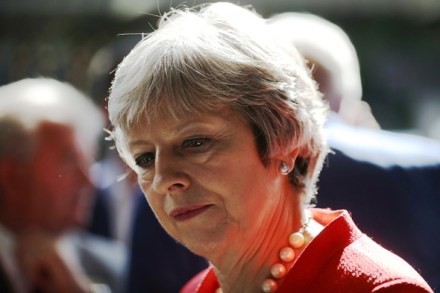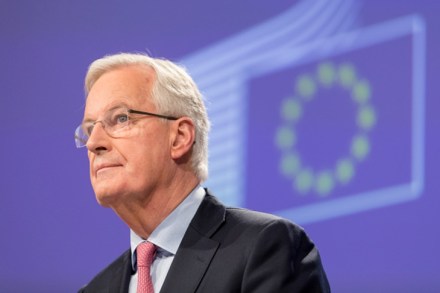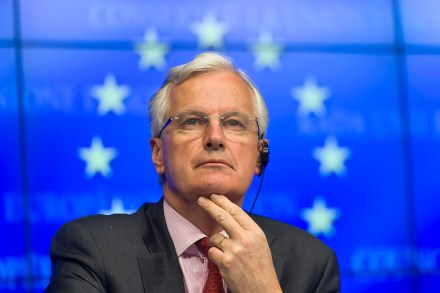Theresa May needs a Brexit back-up plan
Since Chequers, the UK has been making a big diplomatic push to try and move the Brexit talks along. As I say in The Sun this morning, this has had some success. Inside government, the view is that the chances of a deal are inching up. There is also cautious optimism that the British message on the Irish backstop, that a customs border between Northern Ireland and the rest of the United Kingdom is unacceptable, has finally been understood. But Mrs May hasn’t had a breakthrough yet. There is no sign of the European Commission moving away from its position that the four freedoms of the single market can’t be


















